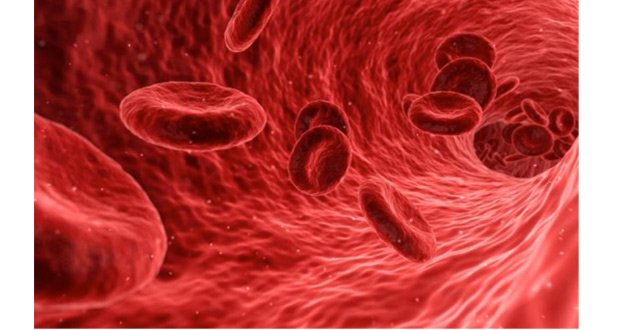Intensive Blood Pressure Treatment Limits Dementia-Related Brain Changes
 JAMA: Association of Intensive vs Standard Blood Pressure Control With Cerebral White Matter Lesions
JAMA: Association of Intensive vs Standard Blood Pressure Control With Cerebral White Matter Lesions
Research from the US-based SPRINT MIND study has revealed that intensive control of blood pressure reduces the risk of brain changes associated with dementia. The findings are published today (Tuesday 13 August) in the scientific journal JAMA.
The new findings come from the Systolic Blood Pressure Intervention Trial (SPRINT) and are designed to test the effect of intensive blood pressure control on cardiovascular health and brain health.
Systolic blood pressure measures the pressure in blood vessels when the heart beats, whereas diastolic blood pressure measures the pressure in blood vessels when the heart rests.
Guidelines from the National Institute for Health and Care Excellence give a threshold of 140 mmHg systolic blood pressure for doctors to diagnose high blood pressure, but the NHS suggests that blood pressure should be below 120 mmHg to fall within the ideal range.
Researchers split 449 study participants into two separate groups. Doctors treated people in the first group with the goal of reducing their blood pressure to below 140mmHg, while they treated the second group with a goal of blood pressure below 120mmHg.
The team found that reducing blood pressure below 120mmHg was associated with less damage to the brain’s white matter. But the researchers also recorded a greater decrease in total brain size in those who intensively treated high blood pressure.
Dr Jana Voigt, Head of Research at Alzheimer’s Research UK, said:
“We know having high blood pressure is a risk factor for dementia, as well as many other health conditions, and that controlling it can have wide-ranging benefits.
“In this well-conducted study, intensively treating blood pressure had a small but positive affect on brain changes associated with diseases like Alzheimer’s. While some previous research suggests that intensively treating high blood pressure could help to limit the rate of memory and thinking decline, this study didn’t follow participants to look for long-term benefits on brain health. Longer-term studies that relate brain changes to memory and thinking skills will be needed to show whether intensive high blood pressure treatment could reduce the risk of dementia.
“The NHS advises that blood pressure should not be above 120/80mmHg and that those over 40 should have their blood pressure checked regularly. Anyone with any concerns about their blood pressure should speak to their GP.
“There is good evidence that what’s good for the heart is also good for the brain. Maintaining good vascular health is one of the key things people can do to reduce their risk of dementia. As well as maintaining a healthy blood pressure, the best current evidence suggests that not smoking, drinking within recommended guidelines, staying mentally and physically active, eating a balanced diet, and keeping cholesterol levels in check can all help to keep our brains healthy as we age.”




